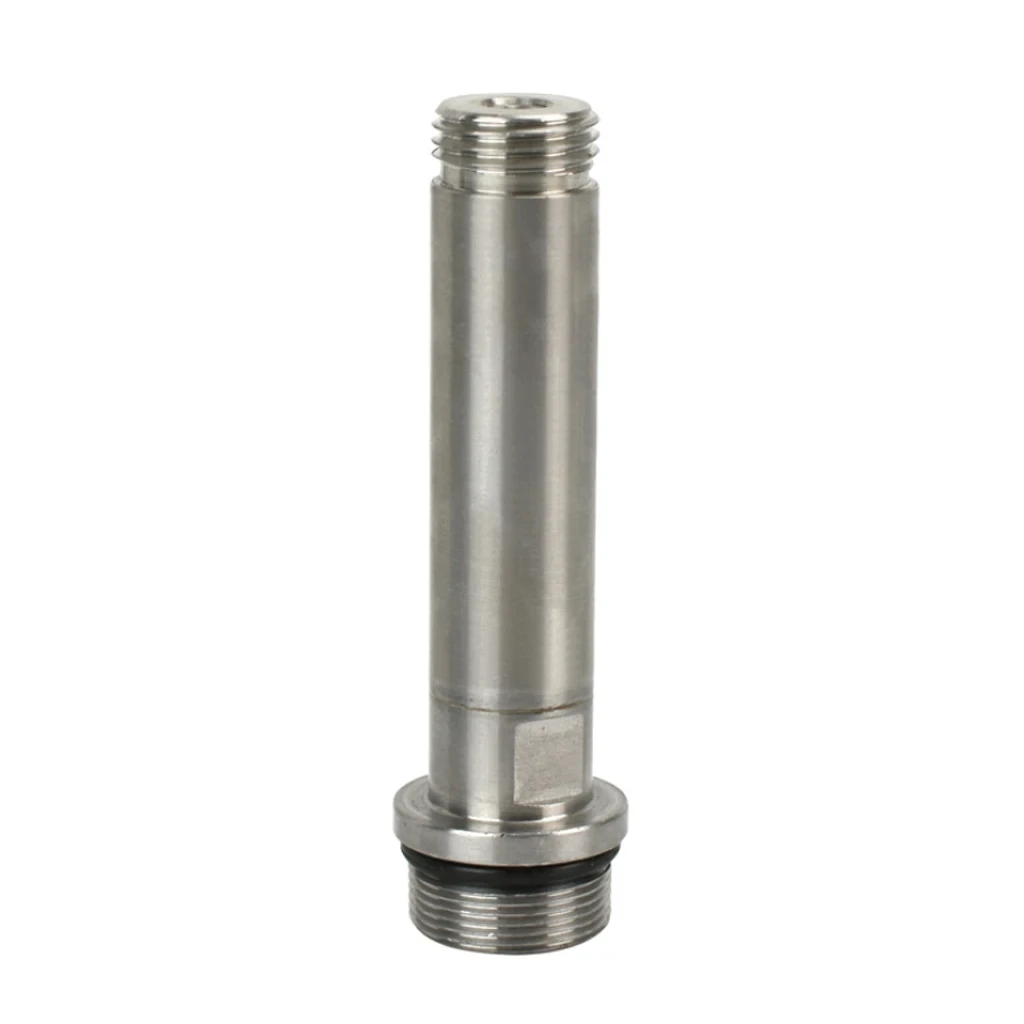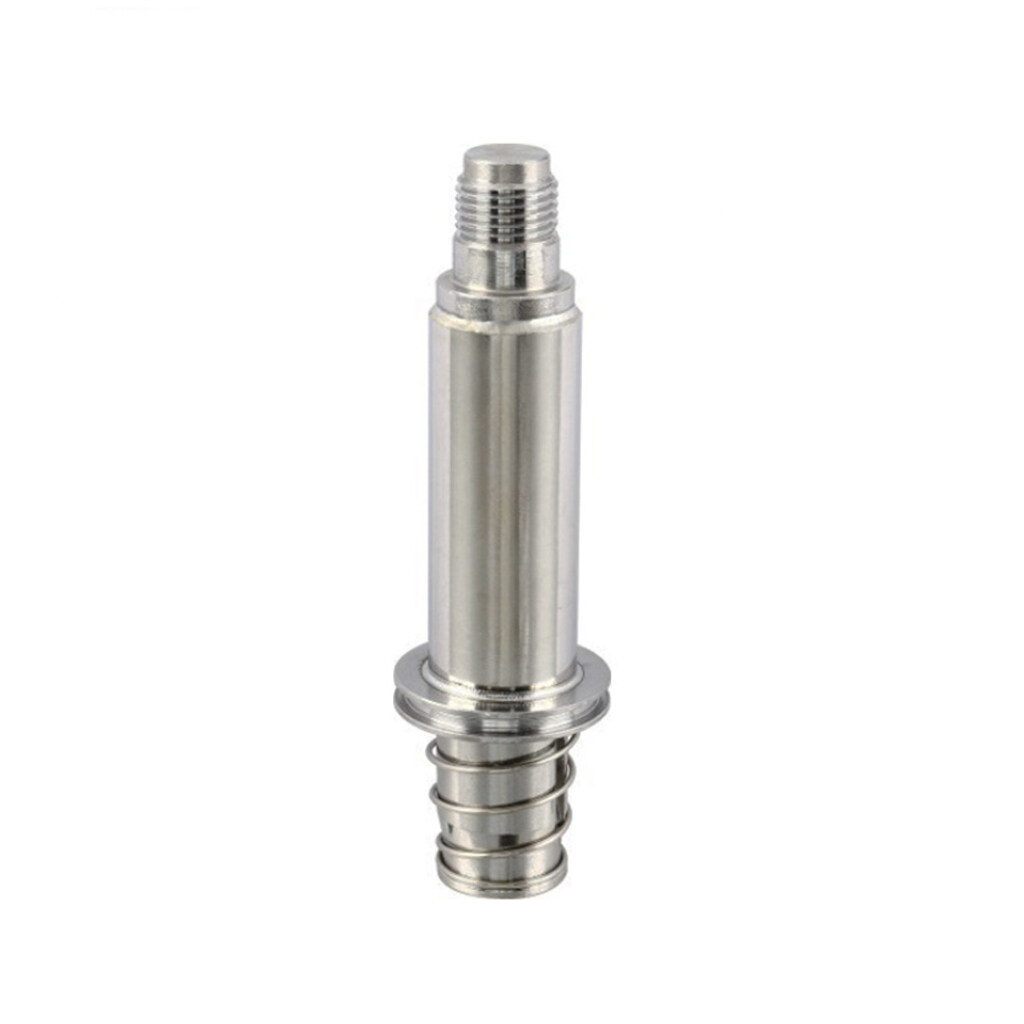Email format error
Email cannot be empty
Email already exists
6-20 characters(letters plus numbers only)
The password is inconsistent
Email format error
Email cannot be empty
Email does not exist
6-20 characters(letters plus numbers only)
The password is inconsistent

News

The Essential Role of the Pilot Valve Solenoid in Industrial Automation
In the realm of industrial automation, precision and reliability are paramount. One component that plays a crucial role in achieving these objectives is the pilot valve solenoid. This device is a cornerstone in controlling fluid flow within various systems, acting as a critical control element in pneumatic and hydraulic applications. In this blog post, we will explore the functionality, applications, and selection criteria for a pilot valve solenoid, emphasizing its significance in industrial processes.
Understanding the Pilot Valve Solenoid
A pilot valve solenoid is an electromechanical device used to control the flow of air or liquid in a larger valve, which in turn regulates the flow in a system. The solenoid operates by converting electrical energy into mechanical motion. When the solenoid coil is energized, it creates a magnetic field that actuates the pilot valve, changing its position and allowing the main valve to open or close. This operation is essential for initiating or stopping the flow in a controlled manner.
The Functionality of a Pilot Valve Solenoid
The pilot valve solenoid is a key component in a pilot-operated valve system. It typically consists of a solenoid coil, a plunger, and a spring. The solenoid’s plunger is directly linked to the pilot valve. When the coil is energized, the plunger is pulled into the coil, causing the pilot valve to move and pressurize or depressurize the chamber of the main valve. This action either opens or closes the main valve, depending on the design of the system.
Applications of a Pilot Valve Solenoid
Pilot valve solenoids are used in a wide range of industries due to their versatility and reliability. Some common applications include:
Pneumatic and Hydraulic Systems: They are used to control actuators, cylinders, and other components within these systems.
HVAC Systems: Pilot valve solenoids regulate refrigerant flow in air conditioning and heating systems.
Fluid Control: They are essential in managing the flow of water, oil, and other fluids in processing plants.
Automotive Systems: Pilot valve solenoids are used in various automotive applications, including transmission control and emission systems.
Selecting the Right Pilot Valve Solenoid
Choosing the appropriate pilot valve solenoid for your application requires careful consideration of several factors:
Voltage and Power Requirements: Ensure the solenoid’s voltage and power specifications match your system’s requirements.
Material Compatibility: The materials used in the solenoid should be compatible with the fluids in your system to prevent corrosion and wear.
Pressure and Temperature Ratings: The pilot valve solenoid must be able to withstand the operating pressures and temperatures of your application.
Response Time: Consider the response time needed for your system. A pilot valve solenoid with a fast actuation time may be necessary for certain applications.
Certifications: Look for solenoids that have the necessary certifications for your industry, such as UL, CE, or ATEX for hazardous environments.
Conclusion
The pilot valve solenoid is an indispensable component in the automation and control of industrial systems. Its ability to provide precise control over fluid flow makes it a vital part of many operations. When selecting a pilot valve solenoid, it is important to consider the specific needs of your application to ensure optimal performance and reliability. With the right pilot valve solenoid in place, you can achieve the efficiency and precision required for your industrial processes, maintaining smooth and safe operations across a variety of applications.

